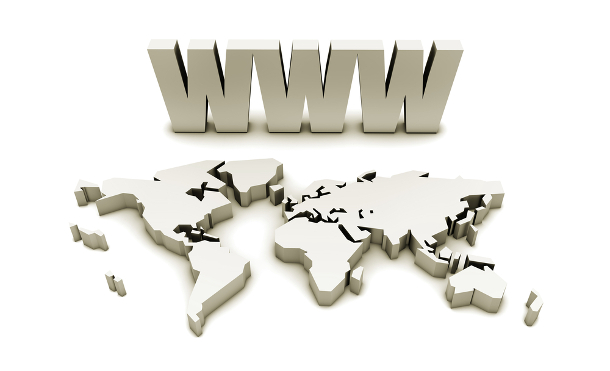Earlier this year, a group of U.S. litigants launched an unusual domain name lawsuit. The group consisted of family members of victims of terror attacks they claim were sponsored by the governments of Iran, Syria, and North Korea. The group had succeeded in winning over a billion dollars in damages in several lawsuits filed in U.S. courts.
Unable to collect, they sued the Internet Corporation for Assigned Names and Numbers (ICANN), the body that administers the Internet's domain name system. Their goal: seize the dot-ir, dot-sy, and dot-kp domain name extensions (the respective country-code domains) by ordering ICANN to transfer them as compensation.
The notion of seizing a country's domain name extension may sound implausible, but the case is proceeding through the U.S. court system with ICANN filing a brief late last month. ICANN is unsurprisingly seeking to dismiss the case, arguing that the domain name extensions are not property that is capable of seizure (I am a board member of the Canadian Internet Registration Authority, Canada's dot-ca administrator, but this article represents my own views and not those of CIRA).
While there is much to be said for dismissing the case -- seizing a country's domain name extension should not be decided by private litigation in U.S. courts -- the problem is that many of ICANN's arguments are undermined by government actions over the past decade. ICANN relies on three key claims: domain names are not property, governments do not "own" their country-code domain, and the U.S. does not have jurisdiction over a foreign country-code domain. Each claim suffers from some shortcomings.
First, the legal status of a country-code domain name extension is unclear. It is not property in the physical sense and within the ICANN world it amounts to little more than an entry in a database that links the extension to the entity responsible for administering it.
However, the U.S. has enacted legislation that effectively characterizes domain names as property for intellectual property purposes. For example, the U.S. Department of Homeland Security regularly seizes domain names as part of crackdowns against online copyright infringement. Further, in 1999, the U.S. passed the Anti-Cybersquatting Consumer Protection Act, which allows trademark owners to treat domain names as property for the purposes of lawsuits against out-of-country domain name registrants.
Moreover, other countries have treated their country-code domain name extensions as the equivalent of property when they lease it to foreign companies to operate the extension. Prominent examples include dot-nu, the country-code for the Pacific island of Niue, which granted the rights to operate the name to a private company that marketed it as a generic domain.
Second, ICANN argues that "country-code top-level domains are not owned by the countries to which they are assigned." However, its own Governmental Advisory Committee says that "governments or public authorities maintain ultimate policy authority over their respective ccTLDs and should ensure that they are operated in conformity with domestic public policy objectives, laws and regulations, and international law and applicable international conventions."
Moreover, countries frequently refer to their domestic country-code domains as national resources and many retain the legal right to determine who administers it. In Canada, before CIRA became the administrator of the dot-ca in 2000, the Canadian government wrote to ICANN to confirm its approval of the transfer.
Third, the issue of U.S. jurisdiction over the entire domain name system remains a contentious political and policy issue. The U.S. government currently maintains ultimate contractual authority over the transfer of a country-code top-level domain (though that may change in the future) and at least one case involving dot-cg (Congo's ccTLD) found that the country-code could be viewed as located in the U.S.
While countries are adopting a wait-and-see approach with respect to this lawsuit, the case could have a significant impact on global Internet governance while also answering the question of who -- if anyone -- owns a country's top-level domain. ![]()
Read more: Politics, Science + Tech
















Tyee Commenting Guidelines
Comments that violate guidelines risk being deleted, and violations may result in a temporary or permanent user ban. Maintain the spirit of good conversation to stay in the discussion.
*Please note The Tyee is not a forum for spreading misinformation about COVID-19, denying its existence or minimizing its risk to public health.
Do:
Do not: